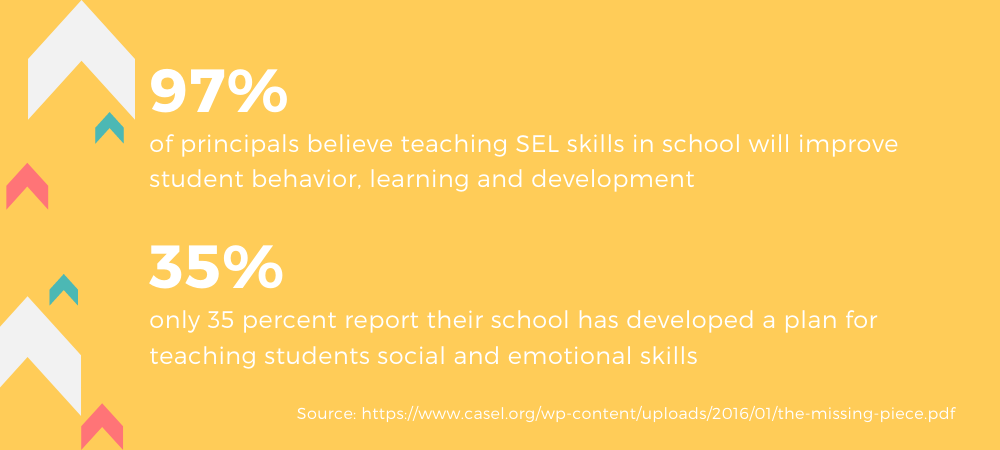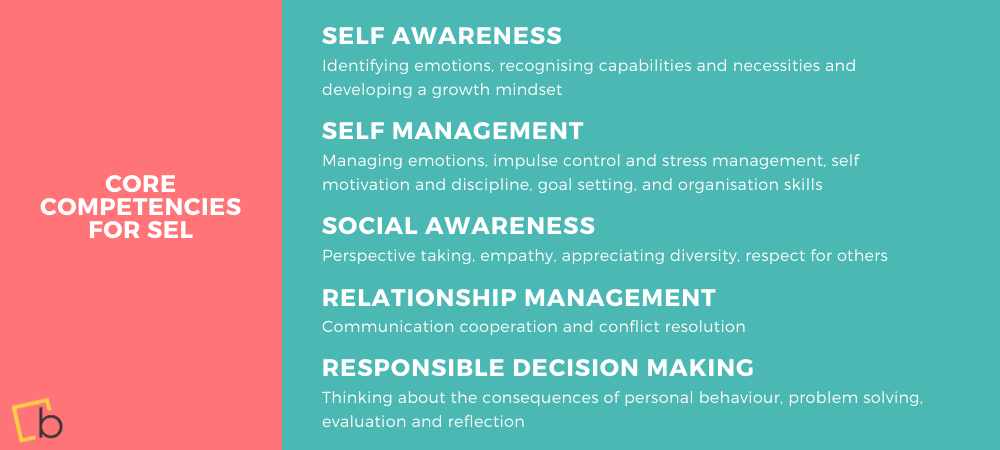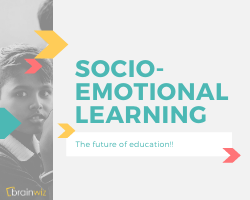“Educating the mind without educating the hear is no education at all”
Aristotle
In this era, everyone is part of a rat race. Everyone wants to excel in exams, get good jobs, earn money but what is the point of all this money if there aren't any resources left to buy? What is the point of all these schemes to safeguard the environment and the economy when people don't understand the importance of living together?

Often educated people are seen throwing garbage on the roads and uneducated people are seen picking it up. So, can one infer that is not education that drives human behavior?
According to studies, emotions have the greatest influence on how we learn, perceive, communicate and organize our lives. Children across the world attend schools to better equip themselves for the challenges of tomorrow, to learn academic skills, and to become citizens of the future. However, to truly prepare, schools must not only teach Math, Science, and English, but also the social and emotional skills. Everyone needs to become a wholesome, responsible adult.
It is high time that the education system shifts from rote learning and focuses more on skill development and value-based education. It is important to sensitize people towards a sustainable lifestyle. This will not only help in protecting our environment but will also help in creating better citizens. Social and emotional learning is one such method that focuses on quality skill-based education.

SOCIAL AND EMOTIONAL LEARNING
SEL is the process of developing and using social and emotional skills. The skillset includes understanding and managing emotions, setting and achieving positive goals, showing empathy towards fellowmen, establishing and maintaining positive relationships, and most of all make rational decisions to react in a particular situation.
The key ingredients or the core competencies that makeup SEL are
-
SELF AWARENESS: Identifying emotions, recognizing capabilities and necessities and developing a growth mindset
-
SELF MANAGEMENT: Managing emotions, impulse control, and stress management, self-motivation and discipline, goal setting, and organization skills
-
SOCIAL AWARENESS: Perspective taking, empathy, appreciating diversity, respect for others
-
RELATIONSHIP MANAGEMENT: Communication cooperation and conflict resolution
-
RESPONSIBLE DECISION MAKING: Thinking about the consequences of personal behavior, problem-solving, evaluation, and reflection
(Source: CASEL)
A child might excel in math, science, and language but without the development of these core life abilities, it all means nothing. These skills are crucial for a Child’s development. Combining these skills with academics results in quality education and an environment that empowers students to not only excel in their classrooms but also in their lives. It is really important for us to educate our emotions as our intellect and as Joseph Fort Newton said:
“we cannot tell what may happen to us in the strange medley of life.But we can decide what happens in us- how we can take It , what we do with it and that is what really counts in the end.”


